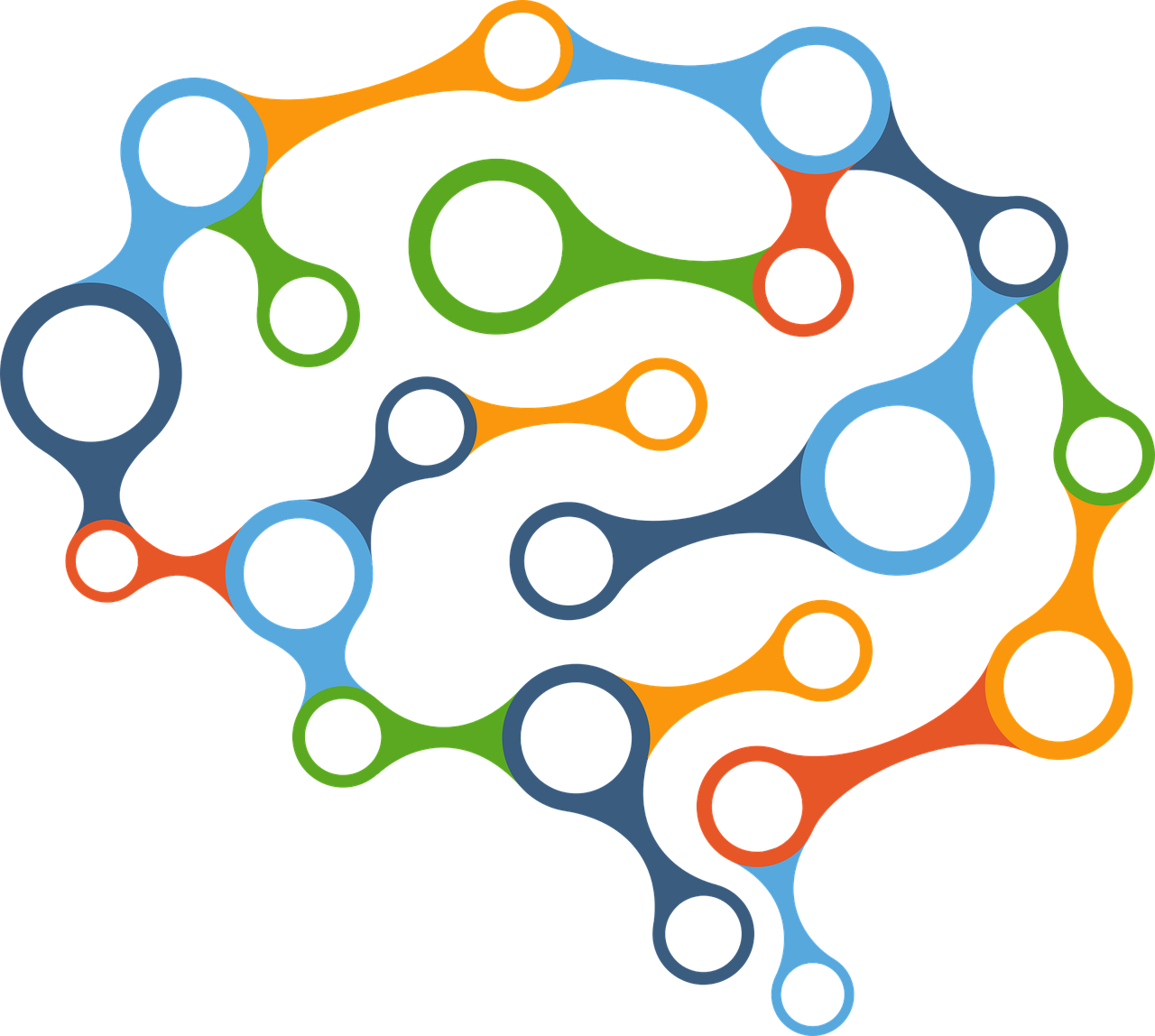Mentoring Vs Coaching
Sometimes people use the words “mentoring” and “coaching” interchangeably, but they do not describe the same type of working relationship. Both share basic organizational goals including employee learning and development that leads to peak performance, and the realization of full...









